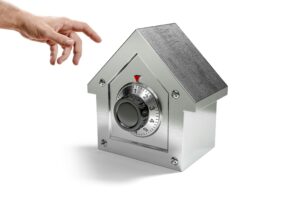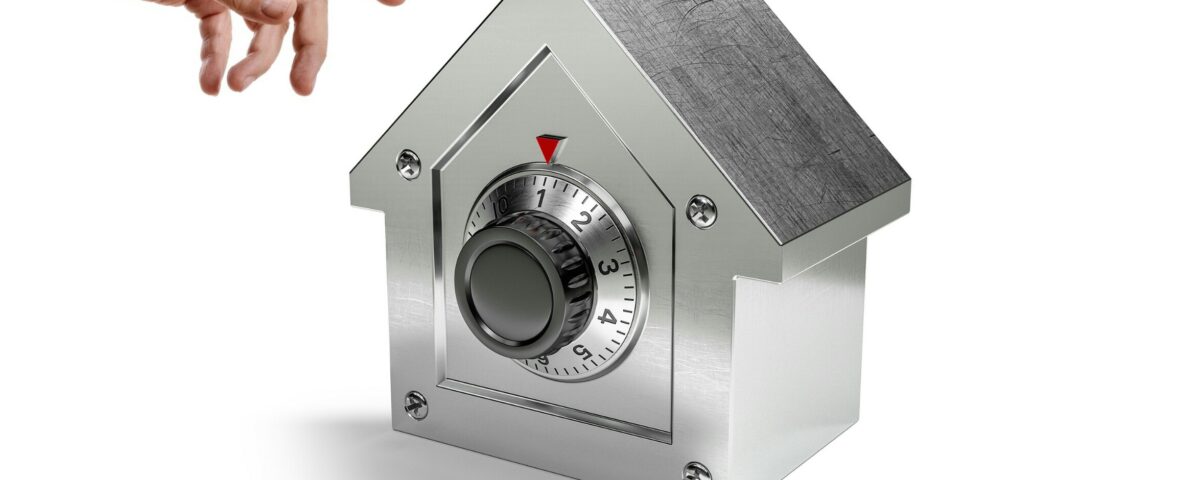
Buy-Sell Agreements
May 28, 2018
Homestead Protection in Florida (Part 2 of 2) – Obtaining Homestead Protection In Florida
August 3, 2022Many Floridians are aware of the legal concept of homestead protection in the State of Florida. Residents of Florida enjoy some of the most generous homestead protections in the United States. However, not all residents understand that Florida homestead actually encompasses three distinct areas of the law. Rooted in the Florida Constitution, the concept of homestead protection encompasses:
- protection in the form of an exemption from real property taxes;
- protection from forced sale by creditors; and
- restrictions on the transfer or devise of homestead property.
Each of these protections will be discussed in this article as well as how to obtain them and plan an estate around them.
Types of Homestead Protection
Homestead Protection From Property Taxes. 
Article VII, Section 6 of the Florida Constitution allows for homestead protection from ad valorem real property taxes. The effect of this provision is to exempt the first $25,000 of property value for all purposes and also to exempt another $25,000 of value for homes worth up to $75,000 for all purposes but the property taxes calculated for schools. Thus, a home worth $100,000 would only be considered worth $75,000 for all property taxes and would be considered worth $50,000 for all property taxes except for schools. The Constitution also imposes a cap on the rate at which property values can increase for tax purposes. Currently, this cap stands at the lesser of 3% or the percent change in the consumer price index (the rate of inflation). Additional exemptions may be obtained under certain circumstances, including:
- A $500 exemption for widows and widowers;
- A $500 exemption for persons with disabilities;
- A $500 exemption for blind persons;
- A total exemption for individuals with certain severe disabilities such as a quadriplegic, paraplegic, hemiplegic, or other totally and permanently disabled persons;
- A $50,000 exemption for persons 65 or older, depending on the county or municipality;
- Additional exemptions for veterans and deployed military.
A 2008 amendment allows for the portability of homestead protection for up to $500,000. Thus, Florida residents may transfer their homestead protection from taxes to a new home as long as they establish their new homestead within 2 years of leaving their previous homestead.
Homestead Protection From Forced Sale By Creditors.
Perhaps the most well-known aspect of Florida's Constitutional homestead protection is the Article X, Section 4(a) and 4(b) allowance for protection of the homestead from forced sale by creditors. Unlike many other states, Florida allows for the protection of an unlimited value of homestead property if certain conditions are met. Homestead protection from forced sale is created by satisfying the following requirements:
- The property must be owned by a "natural person;"
- The person claiming the exemption must be a Florida resident who establishes that he or she made, or intended to make, the real property his or her permanent "residence;"
- The person claiming the exemption must establish that he or she is the "owner" of the property; and
- The property claimed as the homestead must satisfy the "size and contiguity" requirements, which are limited to one-half (1/2) acre in a municipality or one-hundred-sixty (160) acres outside a municipality.
If an individual satisfies all of these requirements, then they are generally entitled to seek protection of the homestead from a forced sale to satisfy creditors. However, there are three important constitutional exceptions:
- Taxes, both federal and state, and assessments (including homeowners associations);
- Mortgages; and
- Debts incurred to improve the property (contractor’s or mechanic’s liens).
Thus, the Florida Constitution will not protect the homestead from forced sale by these types of creditors.
Homestead Protection From Transfer Or Devise.
Article X, Section 4(c) of the Florida Constitution imposes restrictions on the transfer or devise of homestead property. While living, a husband and wife who own homestead property may transfer an interest in this property only if both of them sign the deed, mortgage, or other conveyance. Upon death, there are limits upon how an individual can devise homestead property that are largely dependent on who survives the decedent. Examples of these limitations include the following:
- If the decedent leaves behind a spouse and no children, the only permitted transfer upon death is to the spouse and any other transfer will be invalid.
- If the decedent leaves behind a spouse and minor children, then no transfer of the property is permitted at death and the spouse receives a life estate with the remainder to the minor children, per stirpes. Alternatively, the spouse may elect to take a 50% ownership interest in the homestead as tenants in common with the minor children, per stirpes.
- If the decedent leaves behind a spouse and adult children, the only permitted transfer upon death is to the spouse. Any other transfer or no transfer will result in the spouse receiving a life estate with the remainder to the adult children, per stirpes. Alternatively, the spouse may elect to take a 50% ownership interest in the homestead as tenants in common with the adult children, per stirpes.
- If the decedent leaves behind no spouse but has minor children, no transfer is permitted at death and the minor children receive the homestead property as tenants in common, per stirpes.
- If the decedent leaves behind no spouse and only adult children then the homestead may be freely devised to anyone. In the event that no devise takes place, the adult children of the decedent receive the homestead property as tenants in common, per stirpes.
- If the decedent leaves behind no spouse and no children then the homestead may be freely devised to anyone. If no devise takes place then the homestead property will pass under the laws of intestacy in Florida.


